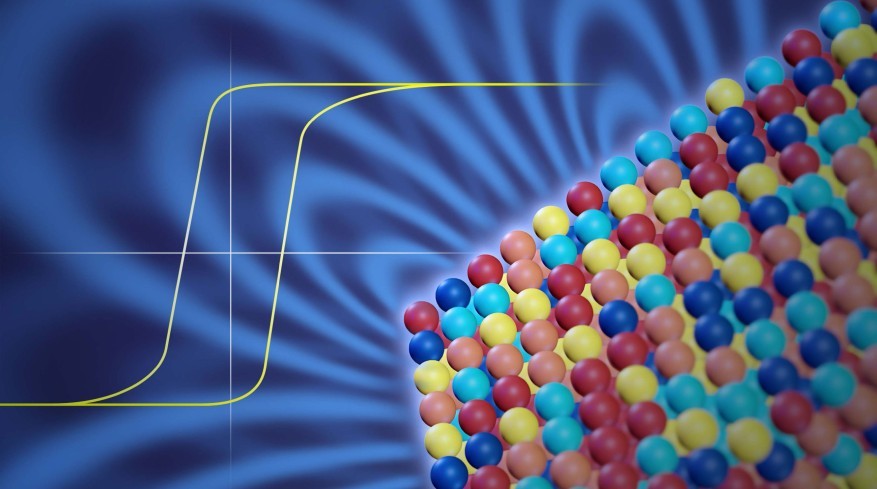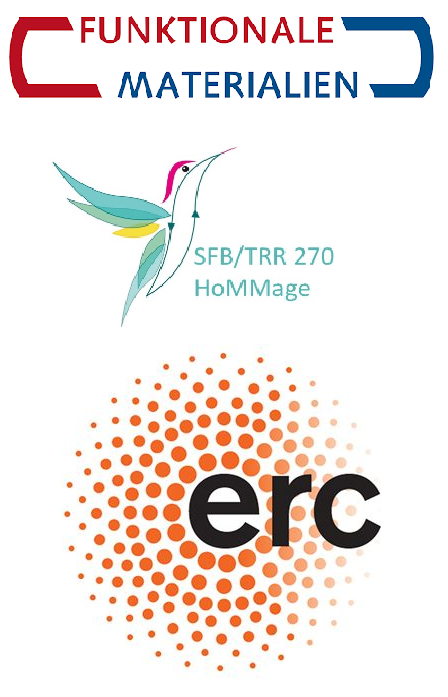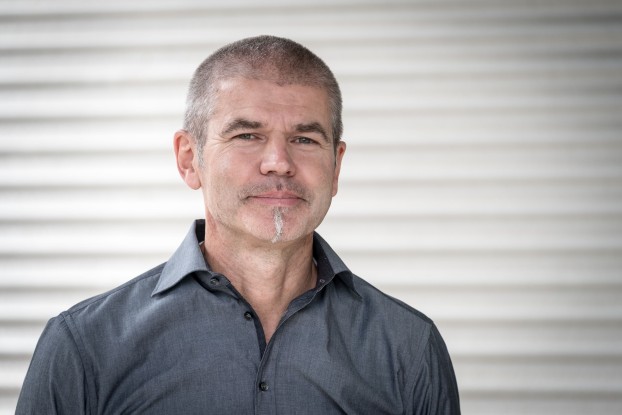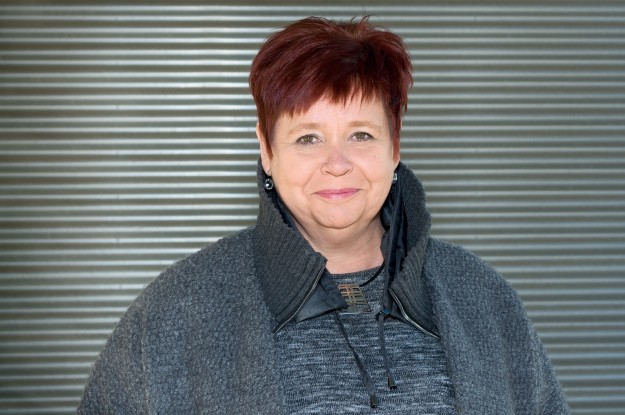Optimized Magnets for the Energy Transition
European Innovation Council funds Europe-wide project led by TU Darmstadt
2023/05/31
Magnets are key materials for the energy transition. However, they often consist of critical raw materials. Scientists led by TU Darmstadt are now researching alternative magnetic materials as part of the “CoCoMag“ project. The European Innovation Council (EIC) is funding the project with three million euros.

Fossil fuels are increasingly being replaced by electricity generated from the sun, wind, and water. However, sufficient renewable energy is only the starting point towards climate neutrality. A true transition to a sustainable economy is only possible with the electrification of our infrastructures, which to a large extent depends on optimized and cost-effective magnetic materials – for example, in the use of wind turbines, electromobility, or even magnetic cooling as an alternative to conventional gas compression cooling.
To date, however, the best magnets are based on rare earths and thus raw materials that are available in limited quantities for the foreseeable future. For 14 out of 27 crucial raw materials, the European Union is 100 percent dependent on foreign suppliers. The European Innovation Council is now supporting a Europe-wide research project on new magnetic materials that do not require these critical raw materials. This will avoid economic dependencies and make the production of magnets more cost-effective, since only readily available raw materials will be used.
Better magnets independent of rare earths and cobalt
“The aim of the project is to synthesize, produce and test new alloys suitable for permanent magnets and magnetocaloric applications without using rare earths and cobalt,” explains Oliver Gutfleisch, professor of theFunctional Materialsdivision who is the coordinator of the new project. “This step is crucial to accelerate the electrification of our infrastructures.”
Conventional alloys traditionally consist of one to two main elements and several other elements in small amounts. The research team has now developed a new design concept for magnets: “Our alloys consist of several main elements in relatively high concentrations, so-called high entropy alloys. This allows the properties of the individual elements to be fully exploited, which means that the new magnets will not only be more sustainable, but also more malleable and corrosion-resistant,” says Dr. Liuliu Han, project leader at the Max Planck Institute for Iron Research, one of seven further project partners from all over Europe. The TU Darmstadt spin-off Magnotherm participates in CoCoMag, too.
The CoCoMag Project
The CoCoMag (Multi-property Compositionally Complex Magnets for Advanced Energy Applications) project is supported by the EU's “Pathfinder Open” funding line, which aims to identify radically new technologies that have the potential to create entirely new markets. To this end, visionary and high-risk projects are funded at an early stage of development.
In addition to the Technical University of Darmstadt, the project also involves Düsseldorf-based Max Planck Institute for Iron Research (MPIE, Germany), Chalmers University of Technologies (Sweden), Danube University Krems (Austria) and the University of Seville (Spain), as well as companies from Germany (MagnoTherm Solutions GmbH, a spin-off of TU Darmstadt), Italy (New Ideas 4.0) and Greece (AMEN New Technologies). The now approved project paves the way for a breakthrough transformation in the fields of electromobility and refrigeration, which currently rely on rare earths and cobalt. New innovative magnets made from complexly composed alloys will be more cost-effective, reduce the environmental footprint and optimize the necessary properties.



